Bengaluru, India’s tech capital, is infamous for its traffic congestion, with millions of vehicles clogging its roads daily. In a major move to tackle this long-standing issue, the Karnataka government has announced an ambitious ₹1 lakh crore investment in large-scale infrastructure projects to improve mobility and reduce bottlenecks. Deputy Chief Minister D.K. Shivakumar revealed the plan at the Invest Karnataka Global Investors Meet, highlighting the urgency of addressing Bengaluru’s worsening traffic crisis.
With 1.1 crore registered vehicles and a rapidly growing population of 1.4 crore, Bengaluru has the highest number of vehicles among all capital cities in India. To ease the burden on the city's roads, the state government is pushing forward multiple infrastructure projects, including tunnels, elevated corridors, and buffer roads.
Mega Projects Planned for Traffic Relief
The ₹1 lakh crore investment will be distributed across several key projects aimed at transforming Bengaluru’s road network:
- 40-km Twin Tunnel: The most expensive initiative in the plan, this underground twin tunnel will cost ₹42,500 crore. The tunnel is expected to reduce congestion on major arterial roads.
- 41-km Double-Decker Corridor: This innovative structure will combine both a roadway and Metro rail on different levels. The project is estimated to cost ₹18,000 crore.
- 110-km Elevated Corridor: With a budget of ₹15,000 crore, this elevated road will help decongest some of the busiest roads by allowing vehicles to bypass ground-level traffic.
- 320 km of Buffer Roads: To improve road conditions and traffic flow, the government has allocated ₹5,000 crore for upgrading existing roads and creating alternative routes.
- 74-km Bengaluru Business Corridor (Peripheral Ring Road): This massive corridor, with an investment of ₹27,000 crore, is expected to provide an efficient transport network around the city.
- ₹500-Crore Sky Deck: A futuristic urban mobility project, the Sky Deck aims to offer an elevated transport solution.
- Second Airport for Bengaluru: To accommodate the growing number of air travelers, the government is exploring the development of a second airport.
Missing Focus on Mass Transit?
Despite these big-ticket investments, many experts have pointed out that the announcement lacks focus on mass transit solutions such as suburban rail, Metro bus expansion, or new Metro corridors—which could provide a more sustainable solution to Bengaluru’s traffic woes. Shivakumar emphasized the need for bold new projects but did not mention any specific expansion of public transportation in his speech.
Shivakumar also noted that Bengaluru’s population has doubled in the past 20 years, from 70 lakh to 1.4 crore, and that the city's infrastructure must now evolve rapidly to meet this growth.
Concerns Over Execution of Projects
While the government’s announcement has created optimism, it has also raised concerns about the execution of these projects. Bengaluru already has multiple stalled infrastructure projects, and some experts worry that adding new mega-projects to the mix without resolving existing issues could lead to further delays and inefficiencies.
Adding to the city’s existing traffic problems, the Aero India Show this week has worsened congestion, making daily commutes unbearable. With civic infrastructure projects already causing roadblocks, residents are urging the Karnataka government to focus on improving basic road conditions first before launching new projects.
While the ₹1 lakh crore plan promises a better future for Bengaluru’s commuters, the biggest challenge will be timely implementation and proper execution. Whether these projects will truly ease Bengaluru’s traffic woes or become yet another stalled initiative remains to be seen.

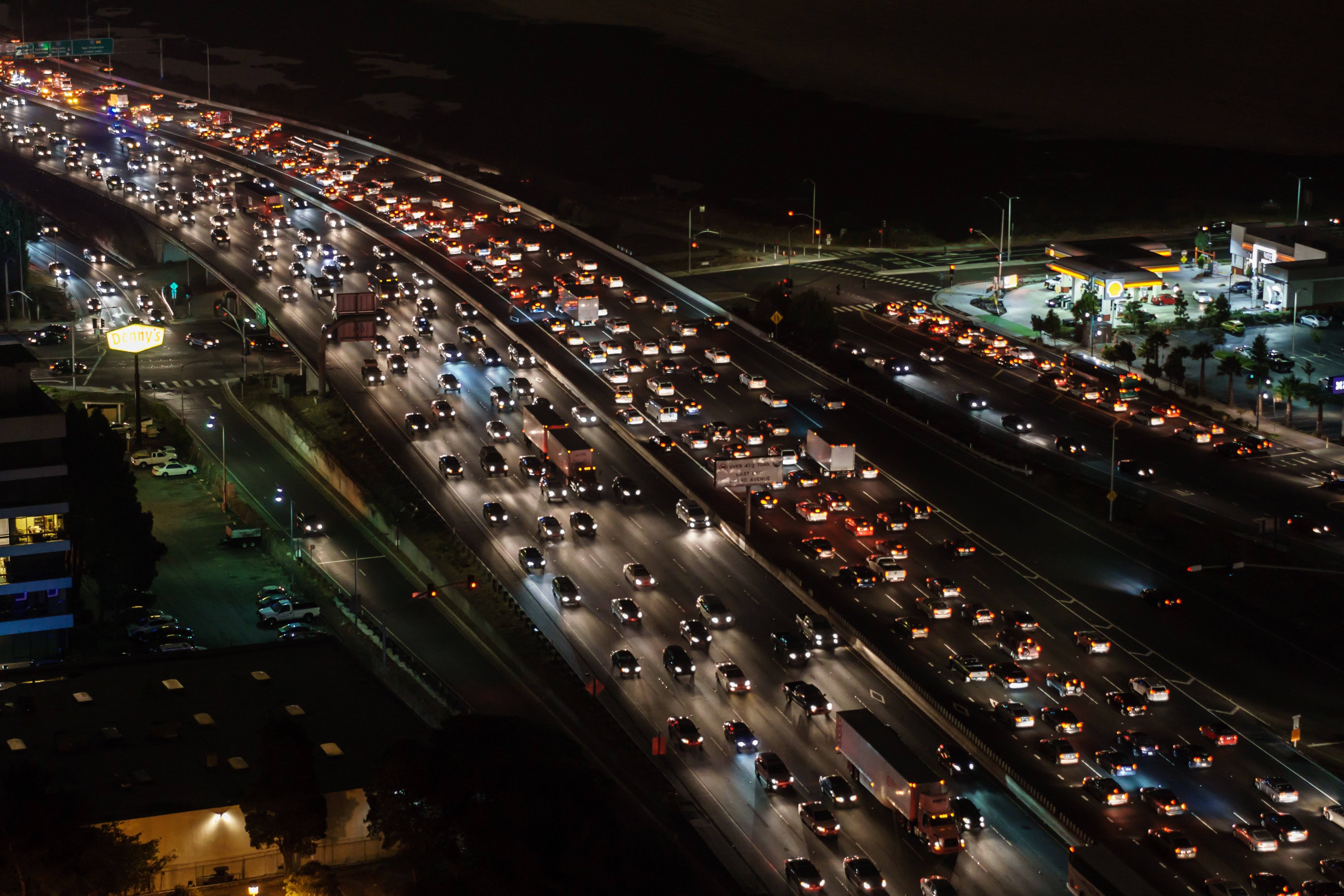

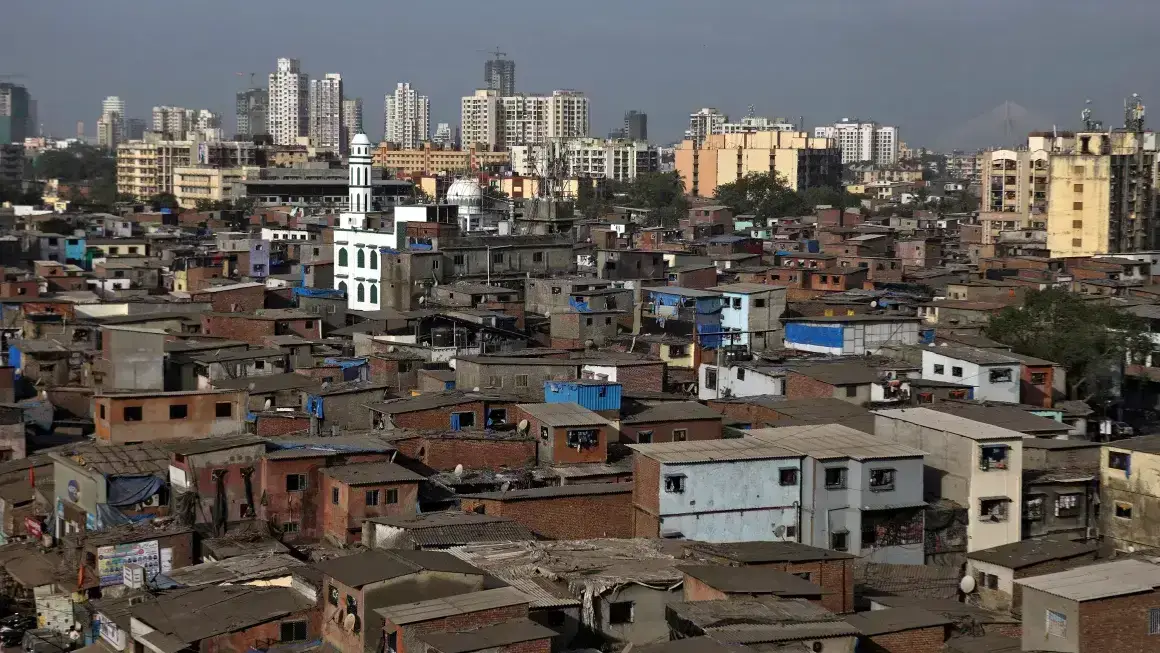
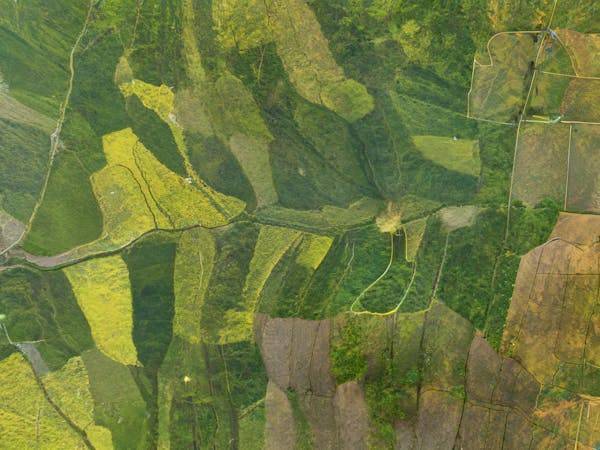

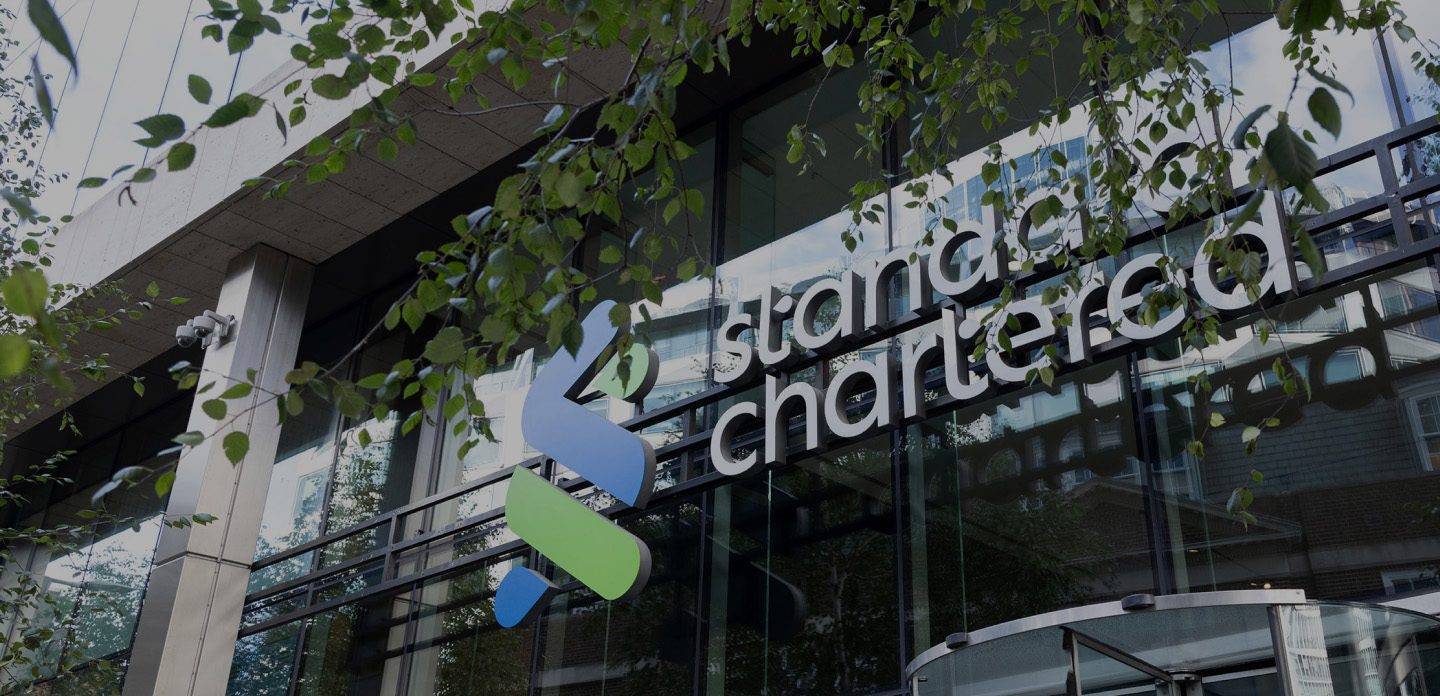
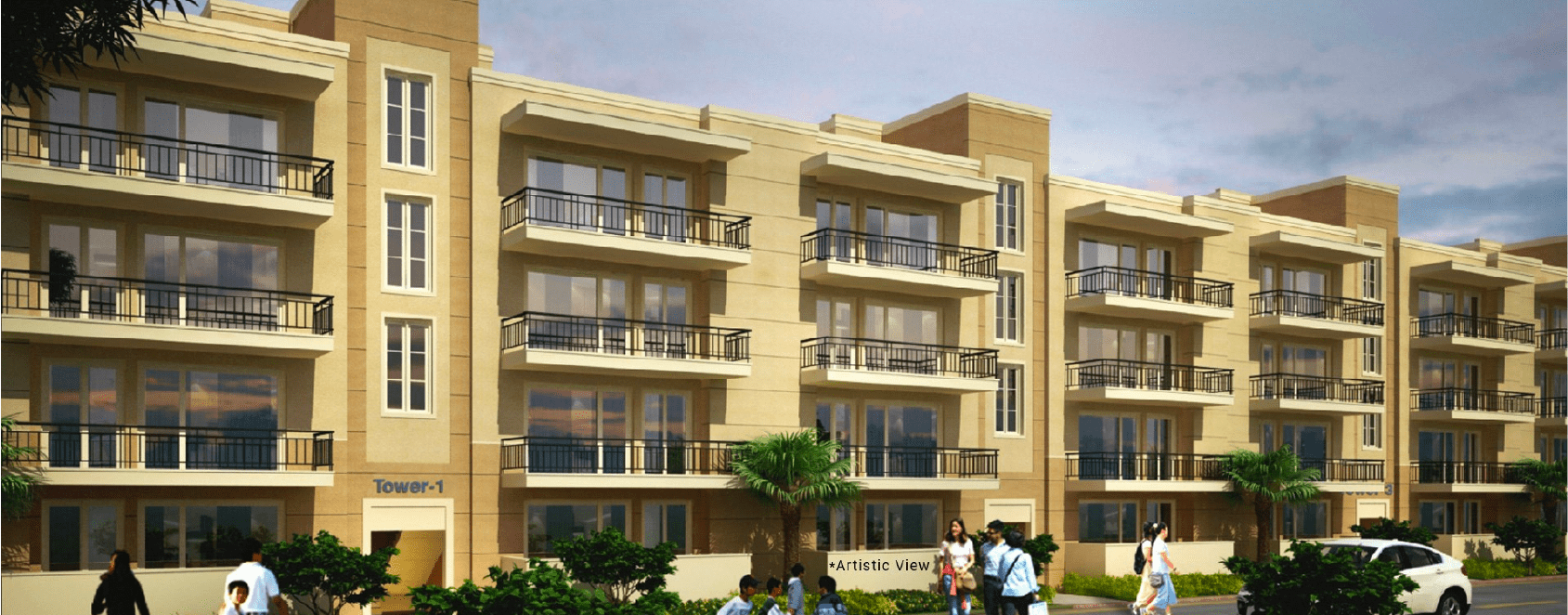
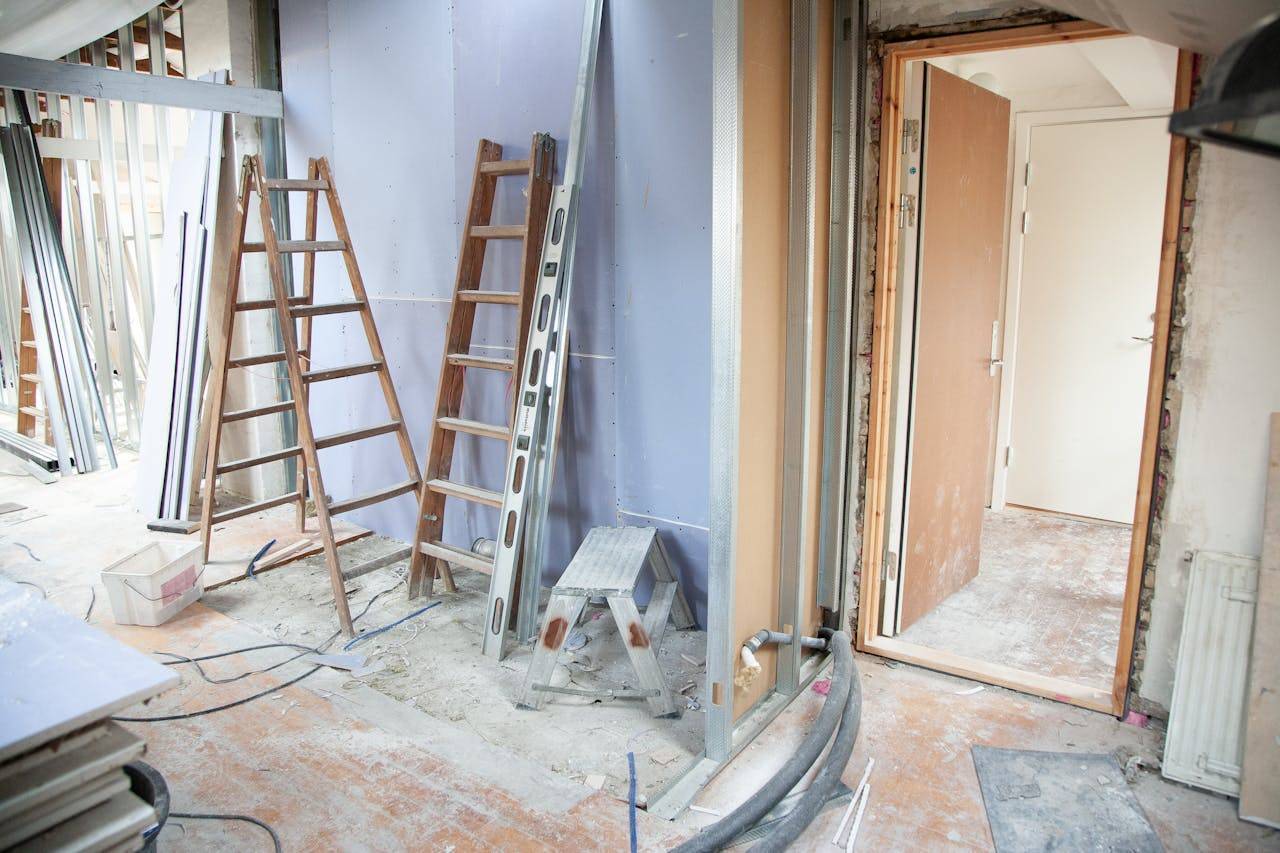
.png)